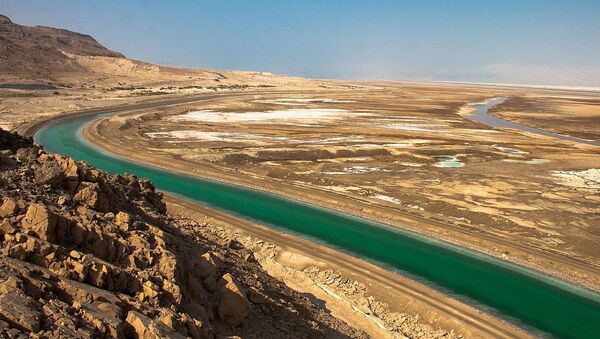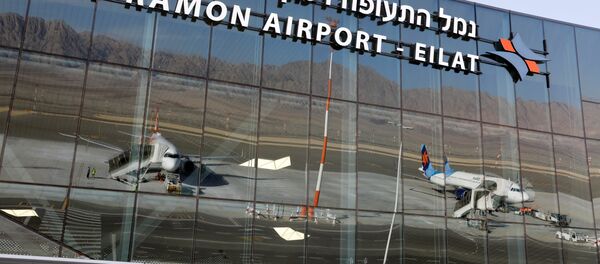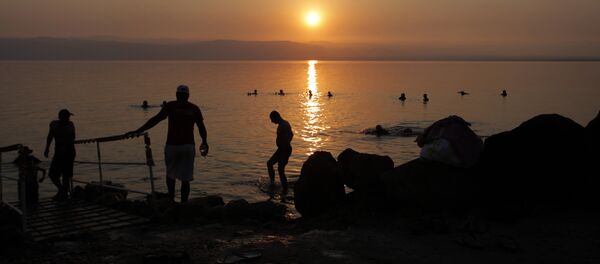Tel Aviv's commitment of at least $1 billion to the water project, which will bring potable water to Jordan, Israel and Palestinian territories in the West Bank, is more political and strategic than it is economic, Haaretz contributor Ora Coren believes.
According to the journalist, while the project "isn't vital for Israel's water economy and will incur unnecessary economic costs," it derives from "a strategic interest in maintaining a stable regime in Jordan," and preserving the 1994 peace treaty between Israel and Jordan which saw Amman becoming the second Arab country after Egypt to formally establish diplomatic ties with Tel Aviv.
On the other hand, "the need to keep the stability of Jordanian King Abdullah's regime and prevent ISIS [Daesh]* or Iran from establishing control along what is Israel's longest border" seems like an overriding priority, the analyst added.
Jordan, Israel and the Palestinian Authority signed the deal in 2013, with the pipeline's pumping station expected to pump tens of millions of cubic meters of water per year, half of this processed by a desalination plant by Jordan and Israel and the rest channelled into the Dead Sea to prevent the latter from drying up. As an added bonus, the project would also produce some 32 megawatts of power, but power usage by the desalination plant and pumping stations is expected to make it a net energy consumer.
Earlier this month, Israeli regional cooperation minister Tzachi Hanegbi signalled Tel Aviv's readiness to move forward with the water project, pending cabinet approval.
*A terrorist group outlawed in Russia and many other countries.




